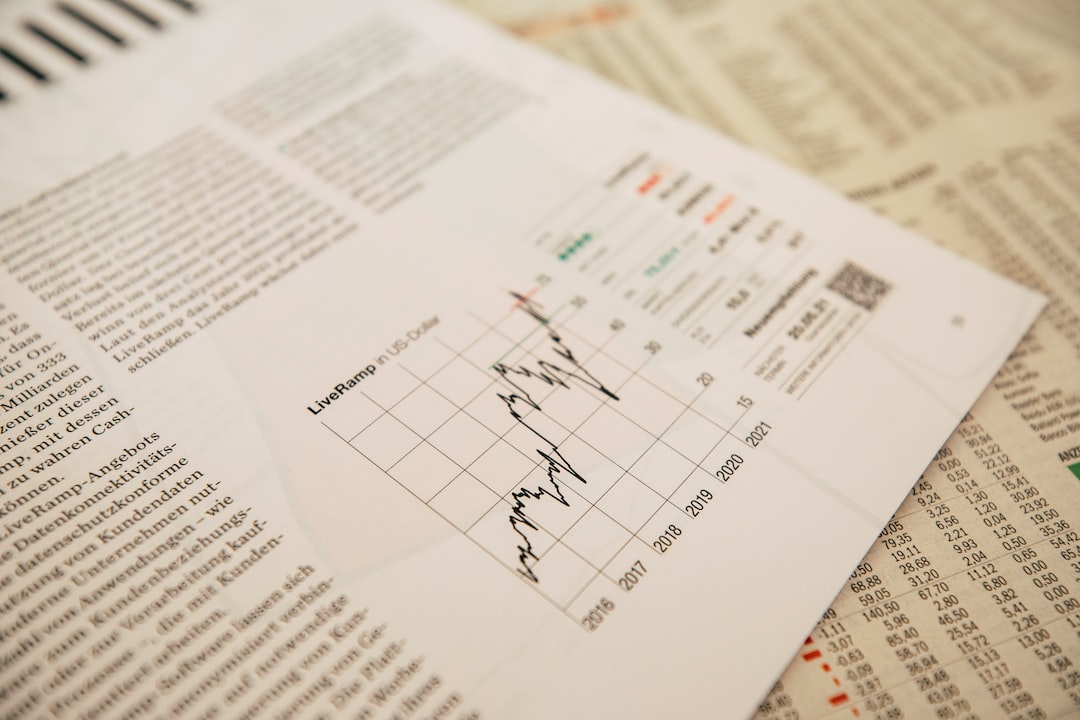If you’re a forex trader, you may be wondering which tax form you should use when filing your taxes. The answer to this question will depend on several factors, including your trading activity, the type of forex account you have, and your tax status.
The two most common tax forms used by forex traders are the 1099 and the 1040. Let’s take a closer look at each form and when it is appropriate to use it.
1099 Form
The 1099 form is used by brokers to report your trading activity to the IRS. If you have a forex account with a broker, you will receive a 1099 form at the end of the tax year. This form will report your gains and losses from forex trading.
The 1099 form is appropriate for traders who have a standard forex account with a broker. This type of account is considered a capital asset, and gains and losses are reported on Schedule D of the 1040 form.
If you have a forex account with a broker, it is important to keep accurate records of your trading activity throughout the year. This will make it easier to reconcile your 1099 form and ensure that all of your gains and losses are reported correctly.
1040 Form
The 1040 form is used by individuals to report their income to the IRS. If you are a forex trader who is classified as a sole proprietor or a single-member LLC, you will use the 1040 form to report your trading activity.
The 1040 form is appropriate for traders who have a forex account that is not considered a capital asset. This includes traders who are classified as traders in securities, traders in commodities, or dealers in securities.
If you are a trader who uses the 1040 form, you will report your trading activity on Schedule C of the form. This form is used to report business income and expenses. You will also be able to deduct your trading expenses, such as trading software, subscriptions to market data services, and other expenses related to your trading activity.
It is important to note that if you use the 1040 form, you will need to file your taxes as a business. This means that you will need to pay self-employment tax on your trading income, which is currently set at 15.3%.
Choosing the Right Form for You
Choosing the right tax form for your trading activity can be a complex process. It is important to consult with a tax professional who has experience working with forex traders.
If you have a forex account with a broker and do not operate your trading activity as a business, you will likely use the 1099 form to report your gains and losses. This is the most common form used by forex traders.
If you operate your trading activity as a business, you will likely use the 1040 form to report your trading activity. This form allows you to deduct your trading expenses and pay self-employment tax on your trading income.
Conclusion
Filing taxes as a forex trader can be complicated, but it is important to ensure that you are reporting your gains and losses accurately to the IRS. The 1099 form is appropriate for traders who have a standard forex account with a broker, while the 1040 form is appropriate for traders who operate their trading activity as a business.
If you are unsure which form to use, it is important to consult with a tax professional who has experience working with forex traders. They can help guide you through the process and ensure that you are reporting your trading activity correctly.





